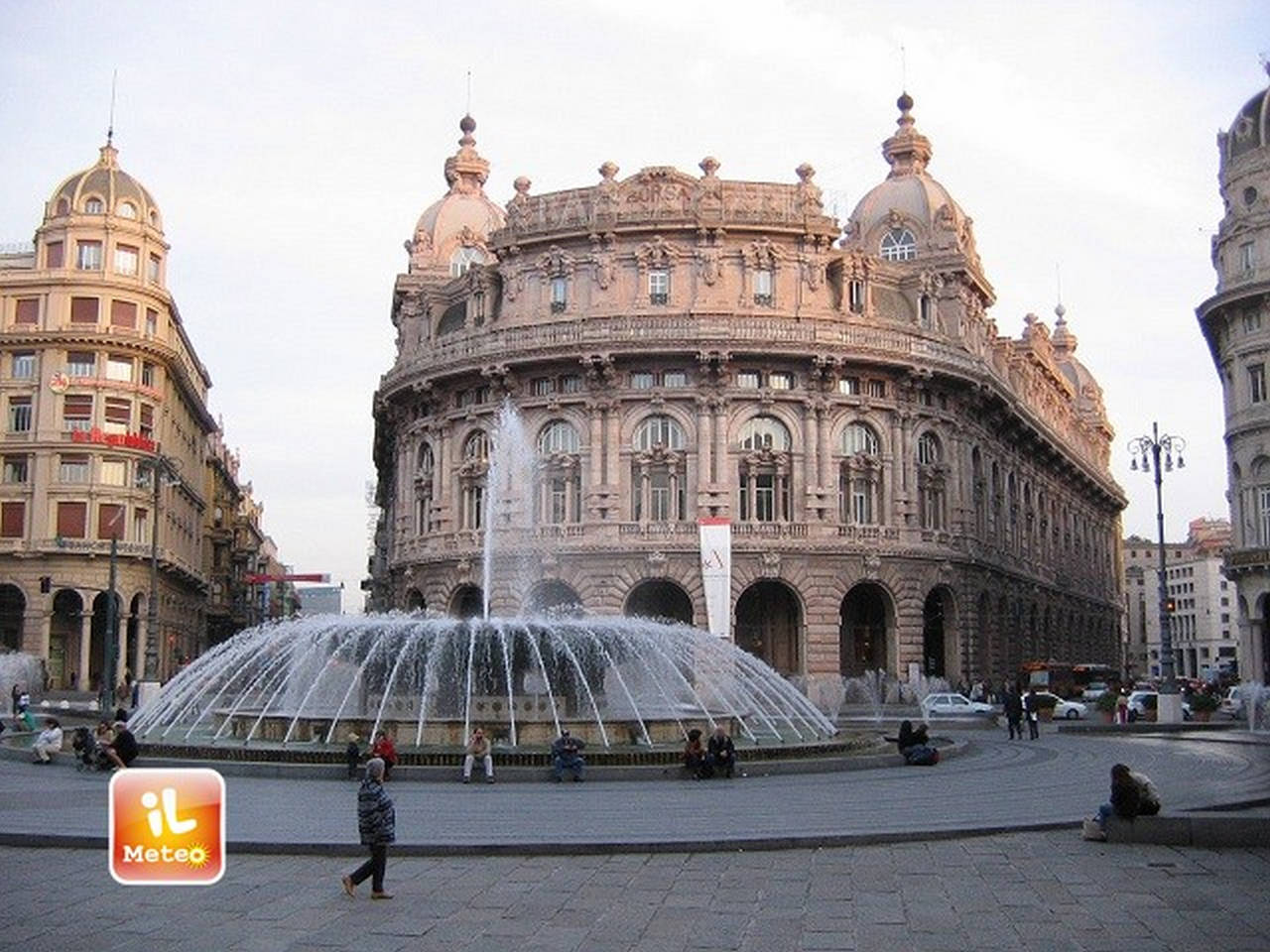Genoa in the “Secret Cities” of Augias on Rai3. Did you like the show?
Many blunders, some clichés (but not all the “classic” samples, fortunately), beautiful reconstructions of recent characters (De Andrè, Moana Pozzi, Paolo Villaggio) but really too long that they made appear. The usual spooky old town between poverty and prostitutes in the name of Faber, but also a few minutes dedicated to the Palazzi dei Rolli. The reconstructions of contemporary history are convincing, less those of older history. Have you seen the broadcast? What do you think about it?

Stilettate to the heart of every Genoese: the word “creuza”Pronounced just creuza and not ˈkrøːza. Then Corso Torino renamed “via Torino” and defined as a “Savoy-style neighborhood” and it is known that from the sack of the Bersaglieri everything that is Savoyard to the Genoese goes sideways. After still the Porto Antico which becomes the “old port”, in the Marseillaise style: vieux port.
But the apotheosis was the mangling of Guglielmo Embriaco, the “Head of a mallet”, who became Embriáco. It’s a moment: you can imagine him with an iron coat and … the flask in his hand: first he runs away from laughing, then from crying.
Goffredo Mameli’s father was anticipated by a thousand years when it was said that he fought against the Saracens. Indeed, between 1825 and 1833 there was a series of naval campaigns against the “beys” of Tripoli, Algiers and Tunis (in which the Sardinian navy had a not secondary role) which ended with the end of the “Barbary” piracy. Mameli’s father certainly fought in the Tripoli War of ’25, but it was not the war against the Saracens.
There is also the proposition of Paganini as a «Pop Icon». And a shiver down my spine. There is no way that one learns that “pop” is not synonymous with “popular” or “very popular among the public”, as in many following. Also (sic) in the Augias staff.
It is evident that the editing was not very well cared for and that whoever assembled things threw it there a bit, in the carlona style, without even asking any Genoese questions.
Even the images did not seem extraordinary: abuse of the drone, shaky shots, without color editing, without control of light and dark. Rather amateurish, in short, this is added to the abuse of old stock images.
The segments dedicated to three characters of Genoese origin are definitely too long: Fabrizio De Andrè, Paolo Villaggio, but above all Moana Pozzi. Three undoubtedly interesting characters, but a few minutes less to them and a space dedicated to Montale or Caproni (except for a mention of the “vertical city”), to Govi or to the families and characters who, from the Middle Ages to the Renaissance, have made the city big, not spoiled property. There were no references to living Genoese characters (Renzo Piano, speaking of the new bridge), but perhaps because there are none and we must take note of them.
It is not clear what the Costa Concordia and I its shipwreck, including Schettino, centered in the whole program. The long dedication dedicated to Mary Shelley and her Frankenstein is also hard to explain. All because the writer stayed a year in Genoa.
It must be acknowledged that Corrado Augias’ show has tried not to become one of the predictable, whipped, repetitive and boring broadcasts that talk about the “largest historic center in Europe” (it is not, it is not even the largest of Italy) and of “English in default for the rent of the flag of San Giorgio”. There was also no pesto: “Secret cities” managed to talk about Genoa even without basil and pestle in hand, which are now comparable to what pizza and mandolin are for Italy in the American collective imagination.
A point in favor of the four “contemporary” stories told as Augias knows how to do: the Red Brigades assassination of Guido Rossa, the riots of 1960 against the Tambroni government, the G8 and the tragedy of the Morandi Bridge together with the construction of the San Giorgio Bridge.
All together, however, and with such extensive insights into the characters, jumping without criteria from Villa Pallavicini to the pornstar of Palmaro, it seemed more like a soup than a well-organized broadcast. In short, the idea was there and in 2 hours it tells itself. In short, more things without giving in to audience claims to be collected thanks to It could have avoided Genoa being just a frame for the many stories that were wanted to be told in what seemed more like a jar full of things than a consequential narrative.
A note of merit for those who have tried, but the result was superficial and recollected.
This is our opinion, tell us yours in the Facebook comments.




